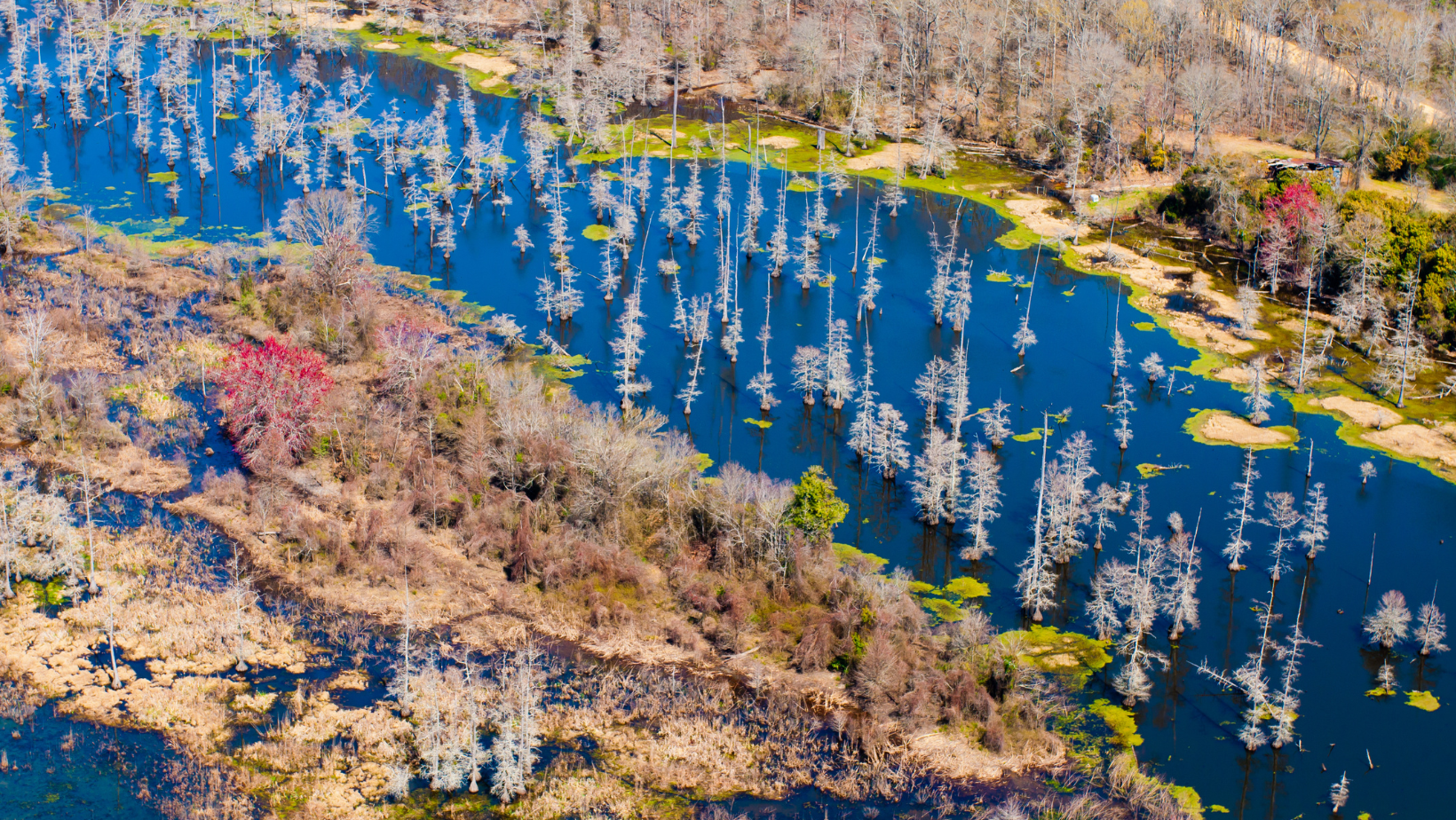by Dr. Gregg Brill, Senior Researcher
Key Takeaways
- Leveraging nature, Nature-Based Solutions (NBS) address environmental challenges like climate change, by protecting and restoring ecosystems, yielding environmental, social, and economic benefit.
- The transformative impact and co-benefits of NBS are demonstrated by projects like the Pacific Institute’s and CEO Water Mandate’s Benefit Accounting of Nature-Based Solutions for Watersheds.
- The importance of encouraging individuals, businesses, and governments to invest in natural habitats, such as forests, wetlands, and coral reefs, is crucial for carbon sequestration, biodiversity enhancement, and a sustainable future.
As Earth Day 2023 dawns upon us, we find ourselves immersed in a world where nature and humanity are inextricably linked. This special day serves as a reminder of the delicate balance that exists on our planet and seeks to explore our relationship and connections with nature.
Our impact on the planet is seldom a positive one. Biodiversity loss is on the increase, with some continents seeing declines of some species of between 60% and 95%. The quality and quantity of water in almost every watershed on the planet is in decline. And many of the world’s most sensitive habitats are also showing major human-induced challenges, notably wetlands, coral reefs, and rainforests.
Historically, we have attempted to tame and control nature, by building grey infrastructure like canals, weirs, dams, and walls to control flows, trap and retain, to manage water flow, reducing flooding and mitigating drought. It’s high time we shift from solely grey infrastructure and start to see nature as an ally and explore how green and grey-green infrastructure can contribute to addressing the impact of climate change and other human activities. Nature-Based Solutions (NBS) offer a powerful strategy that can help us work harmoniously with nature to tackle these issues.
Harnessing the Power of Nature Based Solutions
NBS encompass actions that harness the power of nature to address environmental challenges. These solutions protect, restore, and sustainably manage ecosystems and their services, delivering environmental, social, and economic benefits. By investing in natural habitats like forests, wetlands, grasslands, estuaries, lakes, rivers, coral reefs, and mangroves, NBS can help sequester carbon, mitigate flooding, enhance biodiversity, and provide clean water, food, fuel, and other goods and services.
Climate change is one of the most critical issues facing the word today. NBS offer a unique opportunity to address this challenge by removing carbon dioxide from the atmosphere and storing it in natural habitats. The restoration of degraded ecosystems such as forests, peatlands, and mangroves can sequester vast amounts of carbon dioxide, reducing greenhouse gas concentrations and ultimately contributing to reversing the effects of climate change.
In addition to climate change, NBS can address other environmental challenges, such as water resilience. For example, restoring wetlands can increase water storage capacity, reduce flood risk, and improve water quality. NBS can also contribute to achieving multiple United Nations Sustainable Development Goals (SDGs), such as sustainable economic growth (SDG 8), innovative infrastructure (SDG 9), and sustainable cities and communities (SDG 11).
Illustrating the Transformative Impact of NBS
The Benefit Accounting of Nature-Based Solutions for Watersheds project, led by the Pacific Institute and CEO Water Mandate, illustrates the transformative impact of NBS. This multi-partner project aims to demonstrate the potential impacts and value of NBS in watersheds globally. By promoting sustainable watershed management, the project seeks to enhance water availability and quality, while creating economic, social, and environmental benefits.
Furthermore, NBS offer a wide range of co-benefits that go beyond environmental benefits. For instance, restoration projects can create jobs and stimulate economic growth, improve community resilience, and enhance biodiversity. When designed and implemented inclusively and effectively, NBS can provide a range of benefits to a diversity of stakeholders and beneficiaries that positively impact sustainable economic growth, innovative infrastructure, and the protection of life below water and on land.
A Collective Call to Action for a Sustainable Future: Invest in Nature
As the sun sets on Earth Day 2023, we must rally together to encourage individuals, businesses, and governments to embrace and advocate for investments in NBS in their communities and beyond. We must recognize the critical role of nature in addressing environmental challenges and embrace solutions that work with nature rather than against it. Here are three pathways for stakeholders, businesses, and governments to make that happen:
- Where possible, we should all play our part in supporting local conservation organizations, adopting sustainable practices in our homes and workplaces, and advocating for policies that support NBS.
- Businesses can invest in NBS projects, adopt sustainable practices in their operations, and engage with stakeholders to promote sustainable practices.
- Governments can incorporate NBS into their policies and investment plans, incentivize the adoption of sustainable practices, and support research and innovation in this field.
In conclusion, NBS offers a powerful strategy for addressing societal and environmental challenges, particularly climate change and water resilience. On Earth Day 2023 and beyond, let’s commit to fostering a deeper connection with our planet and advocating for greater investments in NBS in our communities and across the globe. This collective effort will not only help preserve the environment but also reinforce the message that we are all part of a larger story—one where humanity and nature exist in harmony, supporting and nurturing each other.
With every tree planted, wetland restored, and coral reef protected, we come closer to realizing our vision of a more sustainable and resilient world. Through our collective action, we can contribute to our planet’s long-term health and resilience, fostering a flourishing—and water resilient–world for generations to come.
To read more about our focus areas, click here.


